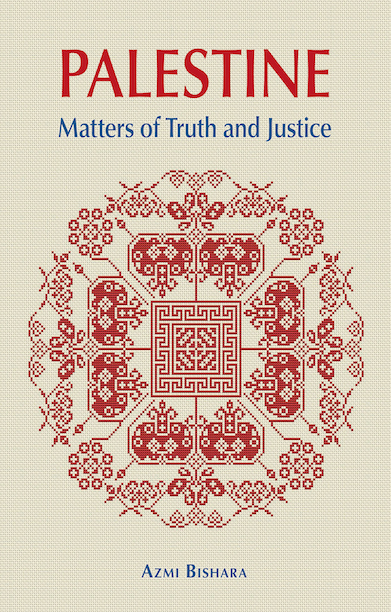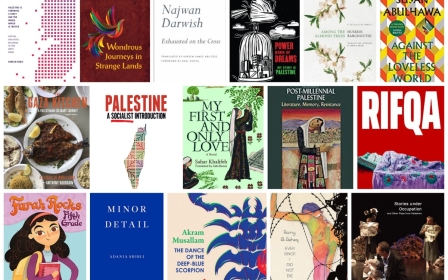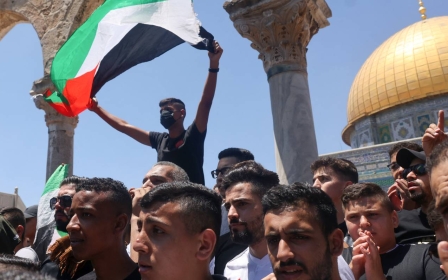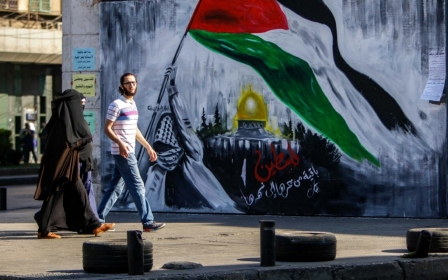Palestine: What does the future hold for national liberation movement?
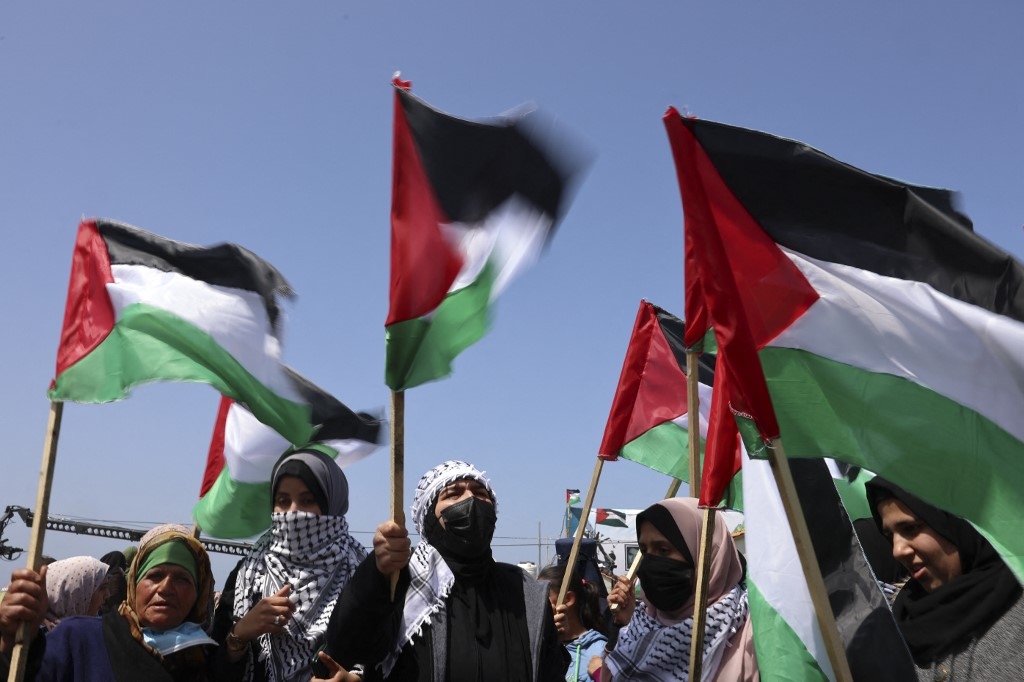
Many books have explored Palestine from various perspectives, but few have offered as comprehensive an analysis of its history, dynamics, and strategic dimensions as Azmi Bishara’s Palestine: Matters of Truth and Justice (June 2022).
Bishara, a renowned Palestinian intellectual whose decades-long struggle forced him into exile, explores how to reconstruct the national movement using the principle of organised resistance. The book emphasises justice over superficial policy solutions, noting that the duality of equality and freedom constitutes the antithesis to Zionism, the ideological underpinning of Israeli settler-colonialism.
Bishara envisages a long-term resistance strategy, alongside restructuring the Palestinian Authority in a way that moves away from political control
Acknowledging the belated nature of Israel’s settler-colonialism, which coincided with the 20th-century global era of decolonisation, Bishara highlights the peculiarity of the Zionist project. Israel combines features of past colonial projects, from South African apartheid to French settlement-building in Algeria. The Oslo process, as Bishara long predicted, laid the groundwork for the current situation in Israel/Palestine.
Bishara’s book provides a historical genealogy of the violent birth of the Jewish state in 1948, the trajectories leading to the Nakba, and the far-reaching consequences of the settler-colonial project on Palestinians and the broader Arab region.
Different dates have been selected to mark the same occasion. What is annually commemorated as the Palestinian Nakba on 15 May, is celebrated in Israel as its independence day according to the Hebrew calendar. Bishara interprets this temporal gap “as an appropriate metaphor for the distance between two irreconcilable narratives concerning the same historical event”.
Regional fragmentation
Bishara’s book powerfully deconstructs the Zionist claim to land ownership as a political and national right inherited from ancient Israelites. Yet, he also suggests it is not fruitful for Palestinians to self-identify with ancient groups, such as the Canaanites. Palestine is a by-product of rich civilisational interactions that took place over centuries, developing an Arab-Palestinian identity before the advent of Zionist colonisation.
The conceptualisation of “native indigenous people with national consciousness” usefully distinguishes Palestinians and their national ambition for liberation and independence from other indigenous groups whose struggle is oriented towards cultural autonomy within an existing state.
Of particular originality is the complex interplay between the “Jewish question” and what Bishara calls the “Arab question”. This has entangled the Palestinian cause with myriad complications and invited interference from competing powers.
On one hand, Palestinians are victims of Europe’s collusion in solving its homegrown problems at their expense: colonial manipulation of the “Jewish question” produced the illusion that antisemitism was an Arab problem, justifying Israeli dispossession of Palestinians and relieving Europe of the problem it created.
On the other hand, the “Arab question” is marked by a disappointing record of pan-Arabism and the failure of Arab citizenship. Most Arab regimes, whether hostile or moderate towards Israel, have in some way manipulated the Palestinian cause for the interests of their ruling elite. Whereas the former has exploited the Palestinian cause as a fig leaf to eradicate internal opposition, the latter’s concessions on the Palestinian cause tend to strengthen their clientelistic relationship with the West and, by extension, Israel.
Bishara further argues that the evolution of Arab authoritarianism is “inseparable from the emergence of Israel”. Israel’s founding and the Palestinian Nakba “were the most important embodiment of regional fragmentation and conflict, as well as the greatest obstacle to Arab unity in the Levant and between the Levant and North Africa”.
Long-term strategy
Such dynamics intensified after the 1967 war, as Israel’s occupation of the West Bank, Gaza, the Sinai Peninsula, and the Golan Heights dramatically altered its relationship with Arab regimes. Israel’s victory allowed it to affirm itself as a worthwhile part of the US imperial agenda, while also empowering religious-national fundamentalism at home. At the same time, the Arab defeats diverted Arab collective aspirations into individual border disputes.
Amid this postwar dynamic, Palestinian resistance flourished. Yet, while the emergence of the Palestine Liberation Organization (PLO) initially appeared as a revolutionary national force, it gradually relieved Arab regimes of the Palestinian “burden”. PLO leadership adopted a discursive shift, moving from an anti-colonial liberation struggle to a “Palestinian-Israeli border dispute”.
The “land for peace” formula ultimately became the main reference point for negotiations, leading to the signing of the Oslo Accords in 1993. But while Oslo’s devastating impacts on the Palestinian national movement are clear, the causes have been subject to various interpretations.
According to Bishara, the PLO made a number of “historic mistakes”, including granting political concessions for the sake of Israeli recognition and renouncing all forms of struggle: armed, popular, and political. The Palestinian leadership thus became vacuous and subservient, tasked with providing security services to Israel to ensure political stability.
What can be done to transform the situation? Citing the impossibility of achieving justice under settler-colonialism, Bishara envisages a long-term resistance strategy, alongside restructuring the Palestinian Authority in a way that moves away from political control, and towards socio-economic empowerment for the masses.
The PLO, he argues, should be revived as an umbrella organisation under which the struggle for Palestine worldwide can be organised on different fronts, aligning with democratic forces in the region and beyond. These ideas, broadly conceived, serve as an invitation to various political and social forces, particularly young activists in Palestine and the diaspora, to embark on systematic efforts to realise an inclusive national liberation movement.
This book will undoubtedly become a staple of literature on Palestine. It is admirably written and accessible to a broad audience looking for a critical inquiry into “the world’s last remaining unresolved instance of settler colonialism in Palestine”.
The views expressed in this article belong to the author and do not necessarily reflect the editorial policy of Middle East Eye.
Middle East Eye propose une couverture et une analyse indépendantes et incomparables du Moyen-Orient, de l’Afrique du Nord et d’autres régions du monde. Pour en savoir plus sur la reprise de ce contenu et les frais qui s’appliquent, veuillez remplir ce formulaire [en anglais]. Pour en savoir plus sur MEE, cliquez ici [en anglais].



